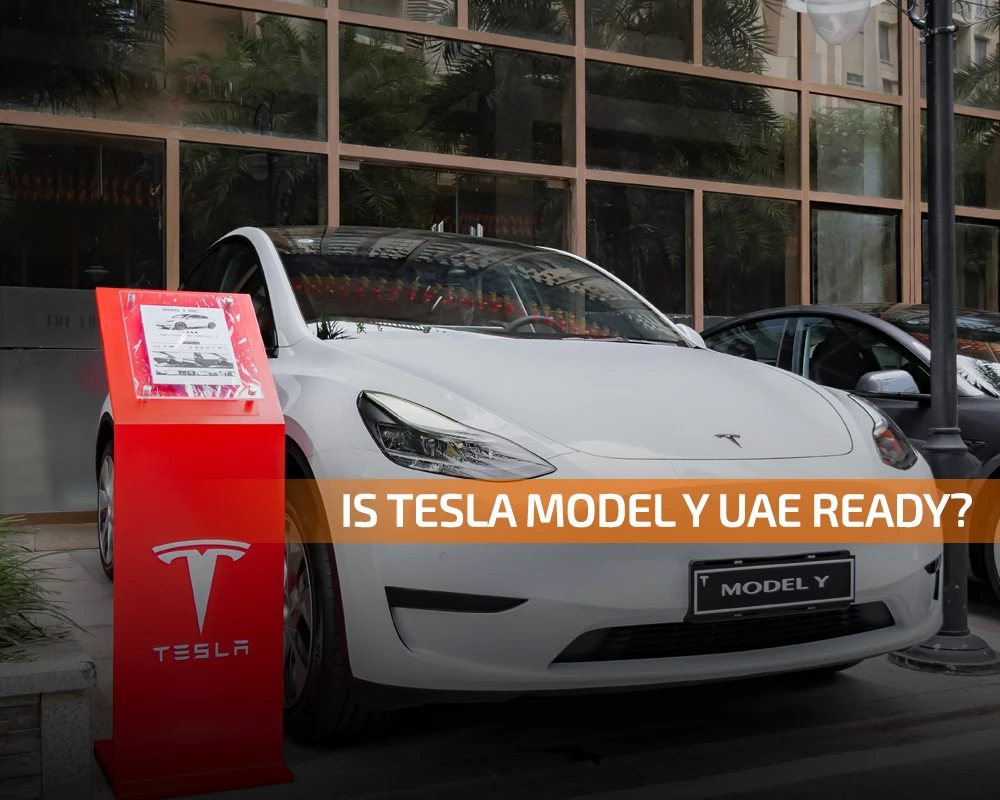Understanding the Trends, Causes, and Smart Strategies for Drivers
In the UAE, where car ownership is high and daily driving is part of the lifestyle, fluctuations in fuel prices can significantly affect both individual budgets and business logistics. As we’ve seen in recent months, the fuel price UAE has experienced notable increases, leading drivers to seek not just explanations, but also solutions.
In this blog, we’ll explore the recent UAE petrol price hikes, the global and local factors behind these shifts, and most importantly—how you, as a UAE motorist, can drive smarter and save more. With expert insights, internal and external sources, and a keen look at sustainability trends, this is your comprehensive guide to navigating fuel price dynamics in the Emirates.
Recent Trends: Understanding the Surge in UAE Fuel Prices
As reported by Dourado Cars, fuel prices in the UAE have shown a sharp upward trend in recent months. For instance, petrol prices have risen steadily, with Super 98 and Special 95 reaching levels that UAE drivers hadn’t seen in the last year. These spikes, while reflecting global oil market movements, have reignited public discourse on energy sustainability and cost-effective commuting.
According to the UAE Driving Blog, fuel pricing in the UAE is deregulated and reviewed monthly by the Ministry of Energy, which means prices directly reflect international oil trends, currency fluctuations, and shipping costs.
Why Are UAE Fuel Prices Increasing?
Understanding why the fuel price UAE keeps fluctuating starts with global context. Here are the top factors:
Global Crude Oil Market Volatility
The UAE’s fuel prices are directly influenced by crude oil prices on the global market. Any disruption—be it geopolitical tension, supply cuts by OPEC+, or increased global demand—will affect domestic prices.
Currency Exchange Rates
Since crude oil is traded in US dollars, the strength or weakness of the UAE Dirham against the dollar impacts final pricing.
Logistics and Transportation Costs
Rising shipping costs, especially in times of inflation or supply chain disruptions, can push fuel delivery costs up—eventually passed down to consumers.
Policy and Sustainability Shifts
The UAE’s ongoing commitment to a greener economy also plays a role. Policies that promote sustainable alternatives like hybrid or electric vehicles indirectly affect how fuel prices are perceived and regulated.
How Drivers Can Cope: Smart Strategies for Every Motorist
While fuel prices are beyond individual control, smart driving habits and conscious lifestyle adjustments can help offset rising costs. Here are some actionable strategies to improve fuel efficiency:
Follow Fuel-Saving Tips for Better Efficiency
Improving your vehicle’s efficiency can significantly reduce fuel consumption. Simple steps such as maintaining correct tire pressure, avoiding aggressive acceleration, and reducing idling can make a big difference.
Check out these Top Fuel-Saving Tips from Miss Auto AE for a detailed breakdown of what you can do today to lower your fuel usage.
Use Navigation and Traffic Apps
Getting stuck in traffic burns more fuel than you think. Use apps like Google Maps or Waze to avoid congestion and find the shortest, most fuel-efficient routes.
Declutter Your Car
An overloaded car uses more fuel. Remove unnecessary weight from your vehicle to boost performance and reduce strain on the engine.
Be Mindful with AC Usage
Air conditioning is a major fuel drainer, especially in summer. Try to use it efficiently—don’t leave it on when the car is idle, and park in the shade whenever possible.
Going Hybrid: A Smart Response to Rising Fuel Costs
One of the most strategic decisions in response to the UAE petrol price surge is transitioning to hybrid vehicles. These eco-conscious cars are designed to maximize fuel efficiency while minimizing emissions—perfect for UAE drivers concerned about both cost and climate.
As highlighted by Miss Auto AE, hybrid cars offer clear fuel efficiency advantages. By using a mix of electric and petrol propulsion, they reduce dependence on fuel and can significantly cut monthly driving expenses—especially for long-distance commuters or delivery fleets.
How Rising Fuel Prices Are Impacting the UAE Lifestyle
The impact of the rising fuel price UAE extends beyond wallets—it’s beginning to influence consumer behavior, urban planning, and even car buying trends:
More Interest in EVs and Hybrids
Car buyers are shifting focus toward electric and hybrid models. UAE government initiatives such as reduced registration fees for EVs, dedicated charging stations, and sustainability mandates are accelerating this shift.
Rise of Carpooling and Ride-Sharing
Fuel hikes have increased demand for ride-sharing platforms, carpooling communities, and subscription-based transport services like ekar and Udrive.
Shift Toward Remote Work and Flexible Hours
Companies are embracing remote work policies not just for productivity but to reduce employee commuting expenses.
UAE Petrol Price: A Comparison Over the Years
Here’s a snapshot of UAE petrol price changes over time:
| Month &Year | Super 98 (AED/Litre) | Special 95 (AED/Litre) |
| Jan 2023 | 2.78 | 2.67 |
| July 2023 | 3.14 | 3.02 |
| Jan 2024 | 2.82 | 2.70 |
| May 2025 | 3.23 | 3.11 |
As this table shows, petrol prices have been on a steady incline—underlining the importance of future-focused solutions like electric mobility and smarter driving practices.
Government Support and Initiatives
The UAE government isn’t leaving drivers to cope on their own. Several initiatives are in place to help mitigate fuel-related challenges:
- EV Charging Infrastructure: More than 800 charging stations have been installed nationwide, with more on the way.
- Subsidies for Public Transport: Enhanced metro, bus, and tram services in Dubai and Abu Dhabi make commuting cheaper and more sustainable.
- Public Awareness Campaigns: Authorities are promoting energy-saving driving tips and maintenance practices to the general public.
Future Outlook: What Lies Ahead?
The long-term forecast suggests that fuel price UAE trends will remain tied to global oil dynamics. However, experts predict a greater push for decarbonization across the Middle East.
This means:
- Wider availability and affordability of hybrid and electric vehicles
- Increased government support for green transportation
- Emerging technologies such as hydrogen fuel cells and smart traffic systems
As these developments unfold, staying informed and adaptable will be key for every UAE driver.
Conclusion: Drive Smart, Stay Ahead
Fuel prices may rise and fall, but the power to adapt lies in your hands. By adopting fuel-saving habits, considering hybrid or electric vehicles, and staying informed about UAE petrol price changes, you can confidently steer through price fluctuations without losing control of your finances.







